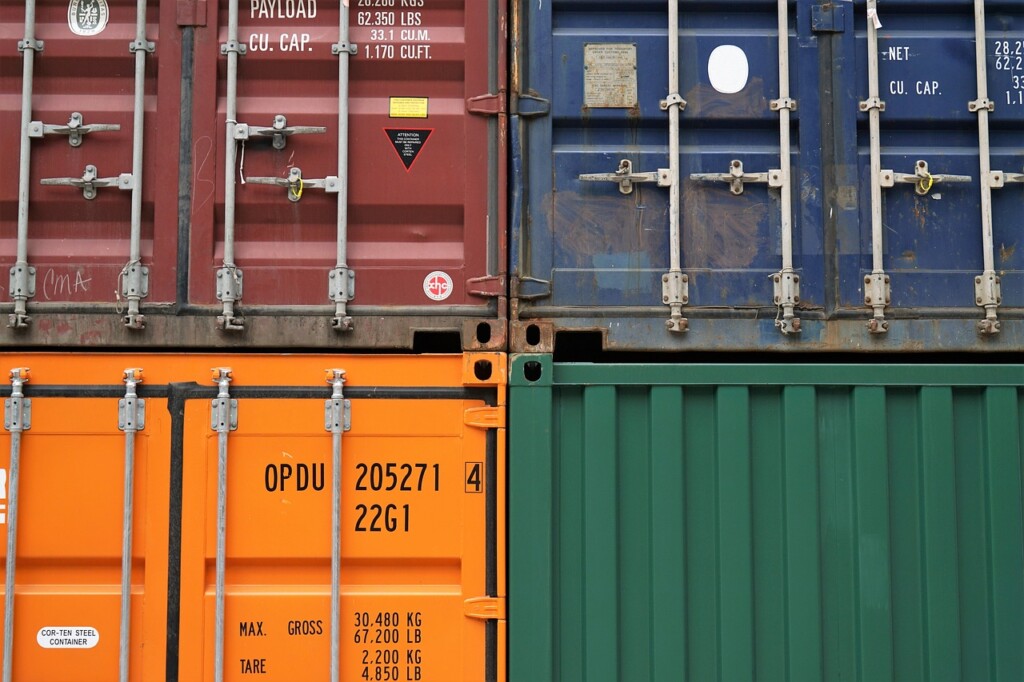The certificate of conformity is a relevant document when importing from China, as it is related to quality control. Known as CoC, it is a declaration that ensures that goods imported into the European Union are approved.
Once it is verified that the product to be imported meets the requirements demanded by the regulations or the certificates required in the EU, the certificate of conformity (CoC) is issued.
Documents such as the certificate of conformity or CoC allow the importer and authorities to justify that an imported product meets the necessary legal, safety, and quality requirements to be marketed in the EU.
What advantages does the CoC offer to the importer?
When the importer requests the certificate of conformity from the supplier, they ensure that the goods have been tested and comply with all the regulations required in the destination country. Not having this document can result in significant financial losses if the product is rejected at customs.
Certain plant-based products, such as plants, seeds, wood, or fruits, need to have a phytosanitary certificate. This document, authorized by the National Plant Protection Organization (ONPF) and in Spain by the Ministry of Agriculture, Fisheries, Food and Environment, is necessary to ensure the absence of pests.
In other cases, such as the import of certain substances, a NO FARMIN certificate is required to ensure that such merchandise will not be used for pharmaceutical purposes. The list is included in the provisions of the BOE Law 14/1986, of April 25, which details the information related to the import of products regulated by the Spanish Agency for Medicines and Health Products (AEMPS).
Another necessary certificate for certain imports from China is the SOIVRE, which ensures environmental protection and the trafficking of protected species.
In short, all these and other documents, such as the certificate of conformity, allow the importer and authorities to know if a product meets the necessary legal, safety, and quality requirements to be marketed in the EU.
Non-compliance with any regulation can result in the detention and return of the goods and even hefty fines for the importer. Given the complexity of managing all the necessary documentation for guaranteed importation, it is very convenient to delegate to a company like Bull Importer, which manages the entire process comprehensively.
When should the supplier be asked for a certificate of conformity?
Importers usually request a CoC from their supplier when they want to import products with high-risk components or with very demanding specifications. Depending on the type of goods, CoCs can be requested by batch or for each component of the product. Sometimes, the destination country may require it to comply with its international trade regulations.
The certificate of conformity must include the following information:
- Product identification or detailed description of the product
- List of all the safety standards that the product must meet
- Identification of the importer or manufacturer, with name, address, and contact phone number
- Details of the persons who will maintain the certification records
- Place and exact date of manufacture of the product
- Exact date of issuance of the complete batch
- Place and date where the tests were carried out to ensure product quality
- Name, location, and identifying details of the laboratory that conducted the tests
Customs may also request the CoC
Some countries require the certificate of conformity for certain categories of imported products, depending on their level of risk to people’s health and safety.
Therefore, it is advisable to know in advance if the destination customs will require the CoC. If during customs clearance the document cannot be provided, the goods may be seized, confiscated, or destroyed, with severe financial consequences for the importer.
Each of these situations has a different level of severity that can be classified as a crime, offense, or administrative violation, which may result in a sanction, including the state’s appropriation of the importer’s entire assets.
Therefore, the best way to avoid these problems is to have all the necessary documentation and a verified supplier. If you want to forget about paperwork and problems, request information about our advisory and comprehensive management services.




